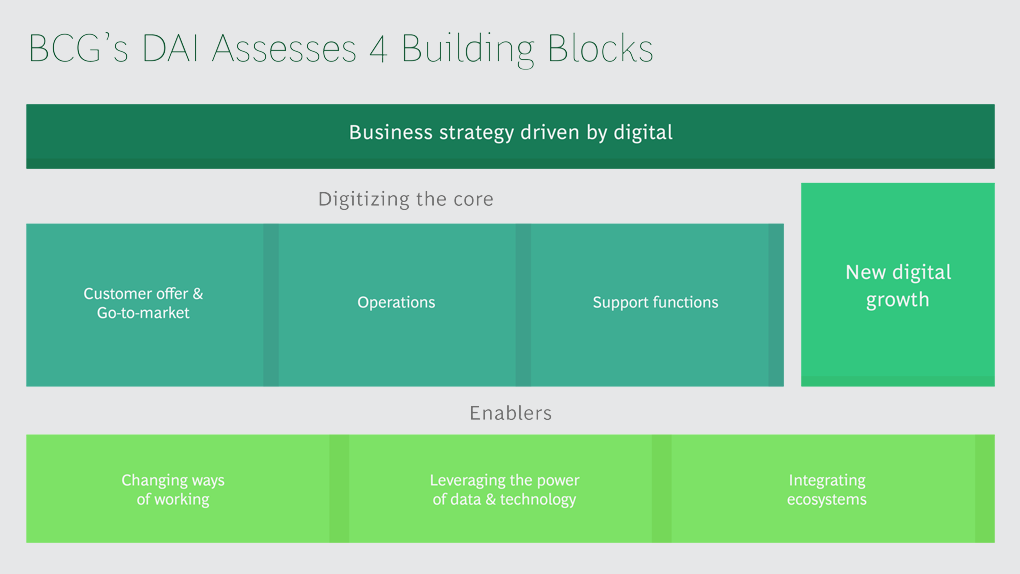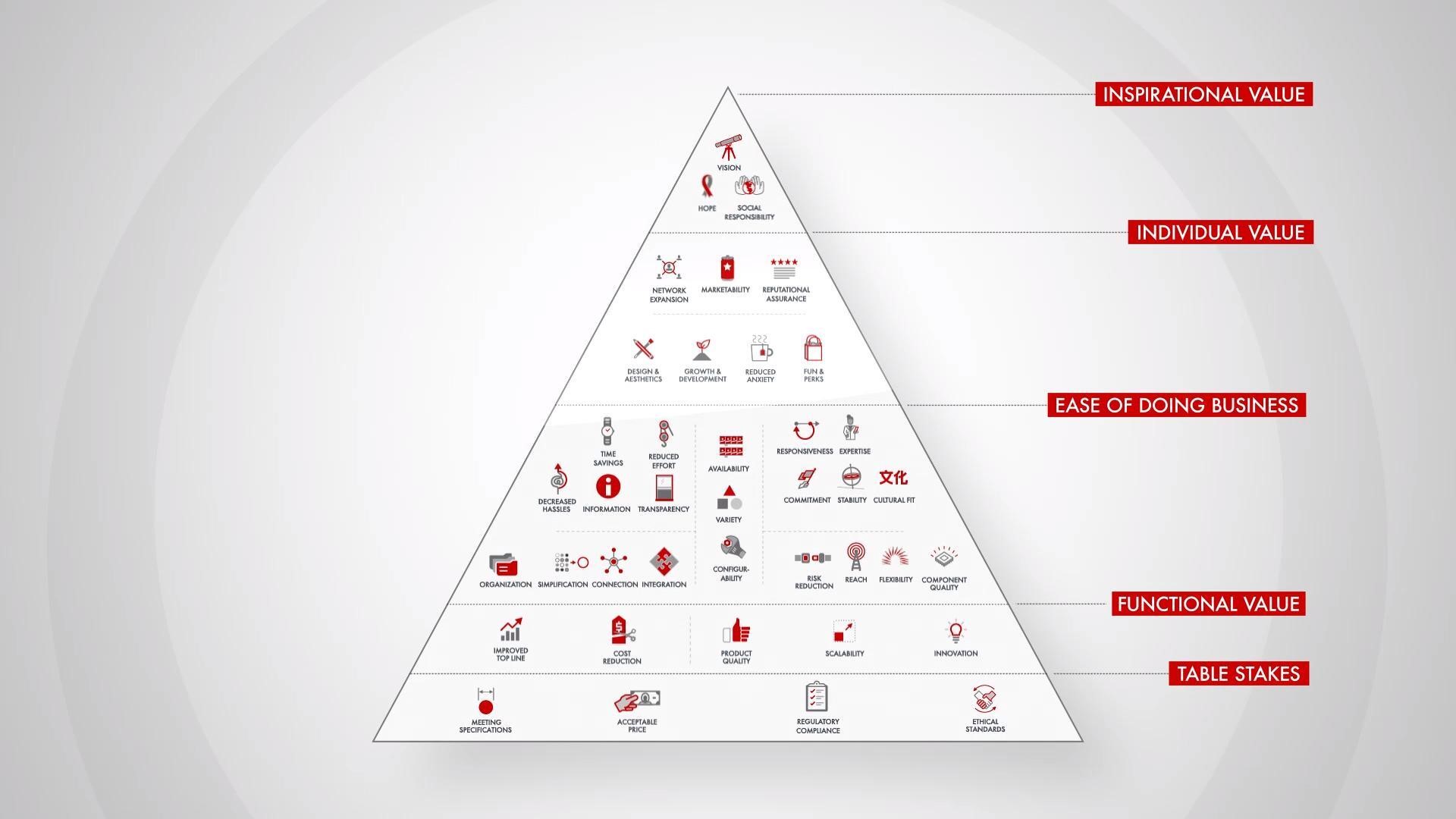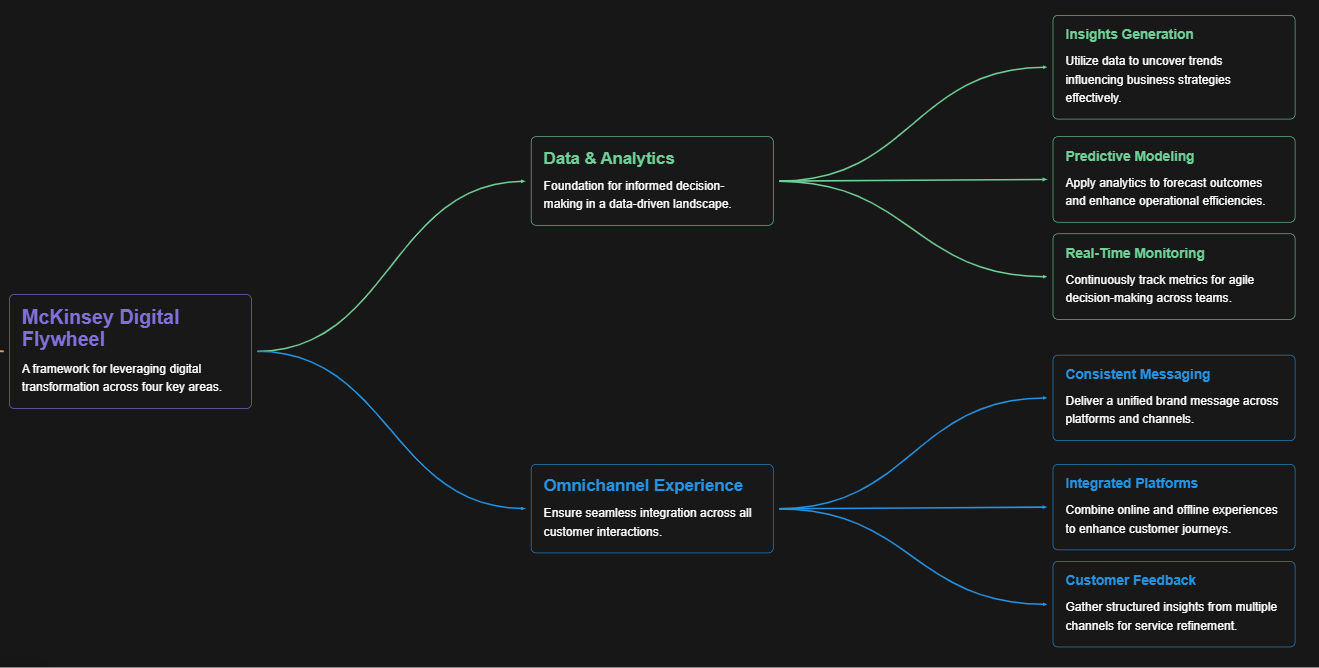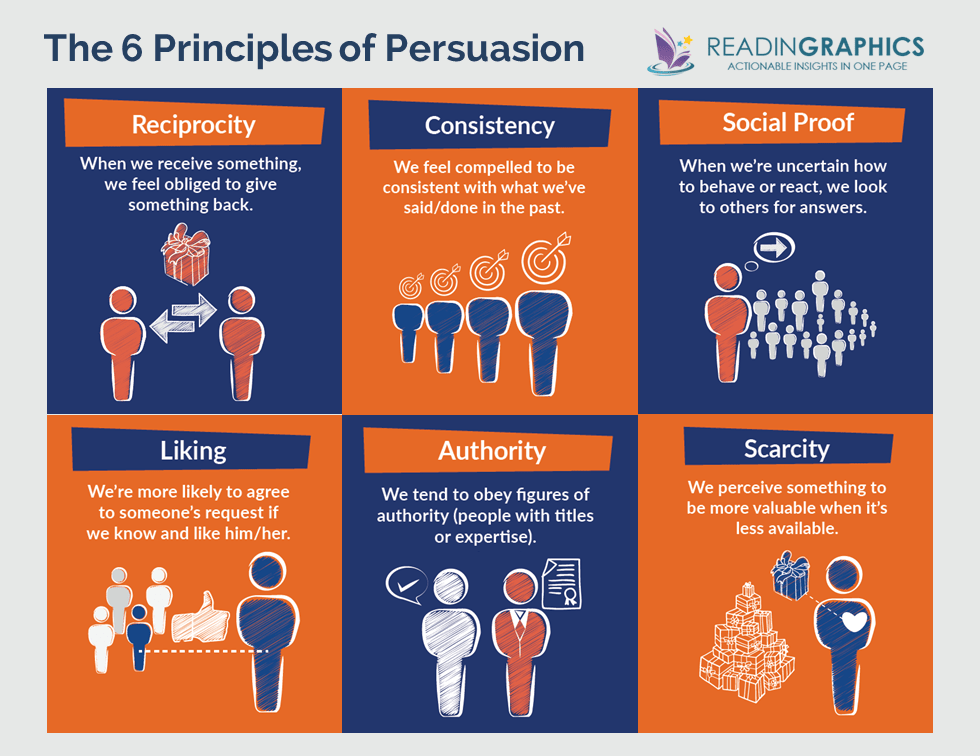Marketing Management: Principles and Practices
A Deep Dive into Kotler's Key Principles
Marketing management is a cornerstone of modern business strategy, and few figures have shaped its understanding as profoundly as Philip Kotler. Often referred to as the "father of modern marketing," Kotler’s frameworks and principles have become essential guides for businesses aiming to create value, build customer relationships, and achieve sustainable growth. This article provides an in-depth exploration of the key principles of marketing management as advocated by Kotler, emphasizing their relevance in today’s dynamic business landscape.
1. Understanding Marketing Management
At its core, marketing management involves the strategic planning, execution, and evaluation of marketing activities to achieve organizational objectives. Kotler defines it as the process of analyzing, planning, implementing, and controlling programs designed to create exchanges that satisfy individual and organizational goals. The ultimate aim is to deliver superior customer value while achieving profitability.
Central to Kotler’s philosophy is the idea that marketing is not merely about selling products but about fulfilling customer needs and creating long-term relationships. This requires businesses to adopt a customer-centric approach, where understanding consumer behavior and preferences becomes paramount.
2. The Six Core Principles of Marketing by Kotler
a. Customer Value and Satisfaction
The foundation of Kotler’s marketing philosophy lies in delivering value to customers. Businesses must identify customer needs and develop products or services that exceed expectations. Value is created when customers perceive that the benefits of a product outweigh its costs. For instance, Apple Inc.’s success stems from its ability to design innovative products that provide a seamless user experience, creating unmatched customer satisfaction.
b. Segmentation, Targeting, and Positioning (STP)
Kotler emphasizes the importance of dividing markets into distinct segments based on demographics, psychographics, behavior, or geography (segmentation), selecting the most attractive segments to serve (targeting), and crafting a unique value proposition to occupy a distinct place in the minds of consumers (positioning). This STP model ensures that marketing efforts are focused and effective.
c. Branding and Brand Equity
A strong brand creates emotional connections with customers, fostering loyalty and trust. Kotler underscores the role of branding in differentiating products in competitive markets. Building brand equity involves consistently delivering on promises, maintaining quality, and creating memorable experiences for customers.
d. Integrated Marketing Communications (IMC)
In today’s multi-channel world, consistency in messaging across platforms is crucial. IMC ensures that all communication tools—advertising, public relations, digital marketing—work together harmoniously to deliver a unified brand message. This approach enhances brand recall and fosters stronger customer relationships.
e. The Marketing Mix (4Ps)
The marketing mix—Product, Price, Place, Promotion—remains one of Kotler’s most enduring contributions. Each element plays a critical role:
- Product: Develop offerings that solve customer problems or fulfill desires.
- Price: Set prices that reflect perceived value while considering costs and competition.
- Place: Ensure efficient distribution channels for product availability.
- Promotion: Communicate effectively with target audiences using advertising, sales promotions, and digital tools.
f. Building Customer Relationships
Kotler stresses the importance of nurturing long-term relationships through Customer Relationship Management (CRM). By delivering superior value consistently, businesses can foster loyalty and increase lifetime customer value—a concept he refers to as "customer equity."
3. The Five-Step Marketing Process
Kotler outlines a systematic approach to marketing through a five-step process:
- Understanding Customer Needs: Begin with comprehensive market research to identify customer needs, wants, and demands.
- Designing a Customer-Driven Strategy: Use segmentation, targeting, and positioning to tailor strategies.
- Creating an Integrated Marketing Plan: Develop a cohesive plan involving the 4Ps.
- Building Profitable Relationships: Focus on creating value through CRM practices.
- Capturing Value from Customers: Generate profits while building long-term loyalty.
4. The Role of Digital Transformation in Marketing Management
Kotler’s principles remain highly relevant in today’s digital age but require adaptation to new technologies and platforms:
- Big Data & Analytics: Businesses can now leverage data-driven insights to understand consumer behavior more deeply than ever before.
- Omnichannel Strategies: Seamless integration of online and offline channels enhances customer experiences.
- Social Media & Content Marketing: These tools allow brands to engage directly with consumers while building communities around their offerings.
5. Ethical Marketing Practices
In addition to profitability, Kotler advocates for societal responsibility in marketing decisions. The societal marketing concept emphasizes balancing consumer satisfaction with societal well-being by considering environmental impact and ethical practices. For instance:
- Promoting sustainable products
- Ensuring transparency in advertising
- Respecting consumer privacy in data collection
6. Challenges in Modern Marketing Management
Despite its robust frameworks, implementing Kotler’s principles can be challenging due to factors like:
- Rapidly changing consumer preferences
- Intense global competition
- Technological disruptions
- Increasing demand for personalization
To address these challenges, businesses must remain agile by continuously innovating their products/services and adapting strategies based on real-time market feedback.
7. Conclusion: The Timeless Relevance of Kotler’s Principles
Philip Kotler’s principles of marketing management provide an enduring roadmap for businesses navigating complex markets. From understanding customer needs to crafting integrated strategies that deliver value while fostering loyalty, his frameworks emphasize the importance of being both strategic and empathetic.
In an era defined by technological advancements and evolving consumer expectations, Kotler’s insights remind us that successful marketing is about more than transactions—it is about building meaningful connections with customers while contributing positively to society.
By adhering to these timeless principles while embracing innovation, businesses can achieve sustained growth in an increasingly competitive world—a testament to why Kotler remains the gold standard in marketing thought leadership.
Featured Blogs

BCG Digital Acceleration Index

Bain’s Elements of Value Framework

McKinsey Growth Pyramid

McKinsey Digital Flywheel

McKinsey 9-Box Talent Matrix

McKinsey 7S Framework

The Psychology of Persuasion in Marketing

The Influence of Colors on Branding and Marketing Psychology








